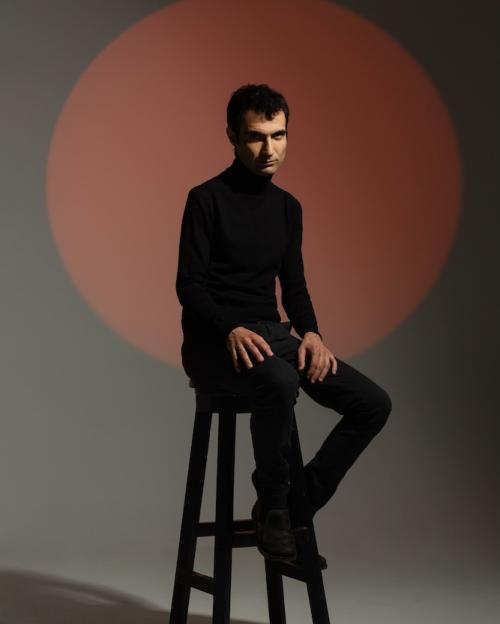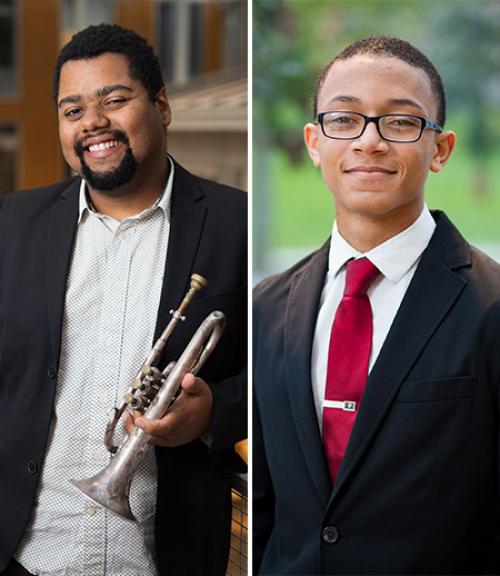
Events honor the legacy of composer Steven Stucky
A&S Communications
 Department Homepage
The College of Arts & Sciences
Department Homepage
The College of Arts & Sciences


